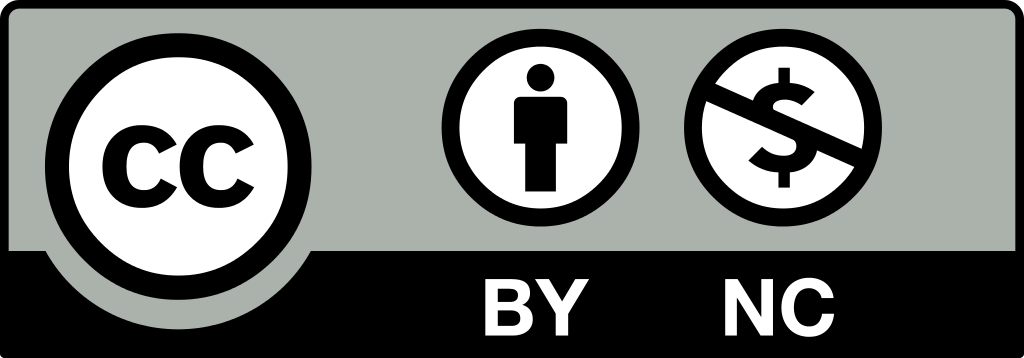Abstract
This essay will examine the reception of Rutu Modan’s international-award-winning graphic novel Exit Wounds (2007) in the massive cultural centers of the United States and France by situating its success within the inter/transnational dynamics of the contemporary comics market, or what James English would term an “economy of prestige.” My essay reconsiders Exit Wounds beyond its popular status as an international phenomenon—that is, one that crosses national borders but which maintains distinctions between those nations it enters and its home state—by considering it a transnational work—one which blurs the lines between nation-states in its form, function, and reception. To do this, I examine the work formally, narratively, and in its cultural context. Formally, I examine the graphic novel’s indebtedness to nationalistic artistic styles (Franco-Belgian ligne-claire and McCay’s American analogue drafting style); narratively, I discuss Exit Wounds as a narrative that defamiliarizes its reader from representations of "the real," an aesthetic choice that disrupts extratextual encouragement (from award committees, for example) to read the work as journalism instead of fiction; and culturally: rather than act as “entitled Other” who might speak about national heritage or Israeli-Palestinian hostility leading up to the Gaza War, Modan, I argue, shifts attention away from international politics by privileging individual struggles and marginalizing violent international upheavals. Ultimately, I conclude that despite these deeply subversive transnational border crossings in style, story, and setting, the work’s reception and valorization as a narrative of place (that is, the relative “cultural backwater” of Israel) disrupts the important transnational consciousness that Exit Wounds embraces. By championing the work in France (as the winner of an until-then exclusively Francophone comics award, which required translation into French) and in America (an also then-exclusively American award) in 2008, the two primary peacekeepers in Gaza reinforced inter-national relations and widened the gulf between cultural centers and cultural peripheries. Here, rather than taking Exit Wounds for its expert storytelling and exacting artistic style, French and American purveyors of comics prestige focus instead upon national heritage, credentialing Modan as an Israeli artist, to be uplifted and supported by cultural metropolises. It is a move that declaws Exit Wounds, mitigating its stinging critique of nationalist traditions that have led to the very conflict it circumscribes and reinstating it as an exemplar of Israeli life by an Israeli artist.
DOI
https://doi.org/10.13023/disclosure.25.04
Creative Commons License

This work is licensed under a Creative Commons Attribution-Noncommercial 4.0 License
Recommended Citation
Eveleth, Kyle
(2016)
"Regimes of Prestige and Power: Transnational Authorship and International Acclaim in Rutu Modan's Exit Wounds,"
disClosure: A Journal of Social Theory: Vol. 25, Article 5.
DOI: https://doi.org/10.13023/disclosure.25.04
Available at:
https://uknowledge.uky.edu/disclosure/vol25/iss1/5
Included in
Jewish Studies Commons, Literature in English, Anglophone outside British Isles and North America Commons, Literature in English, North America Commons, Other French and Francophone Language and Literature Commons

